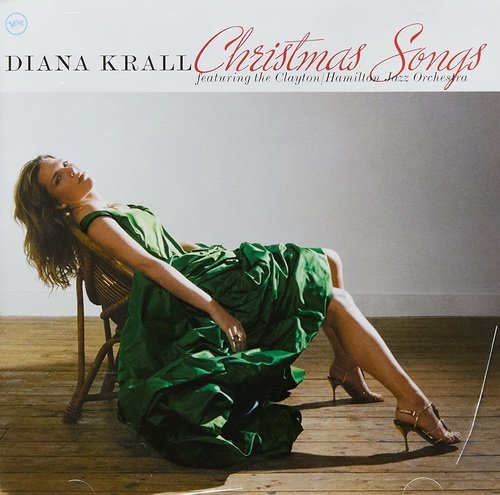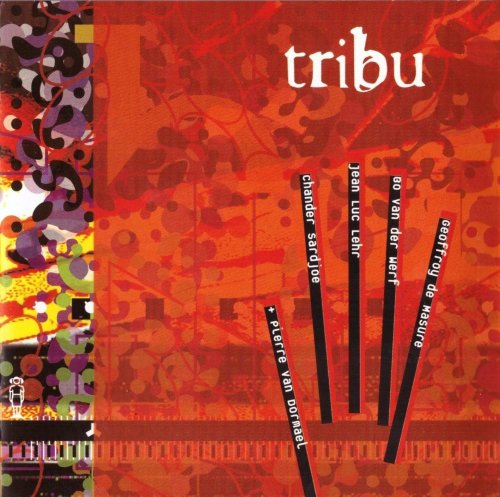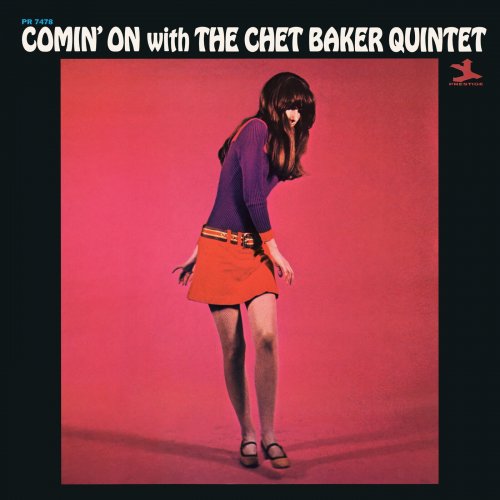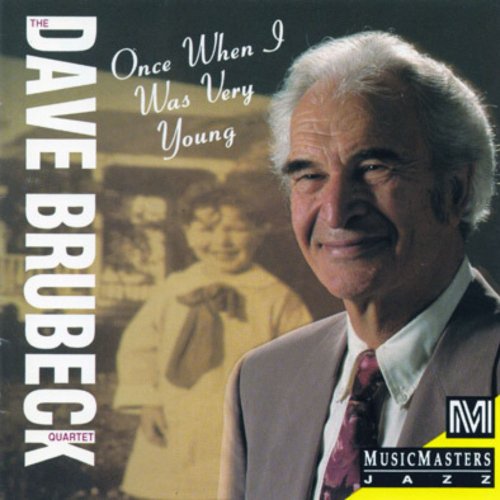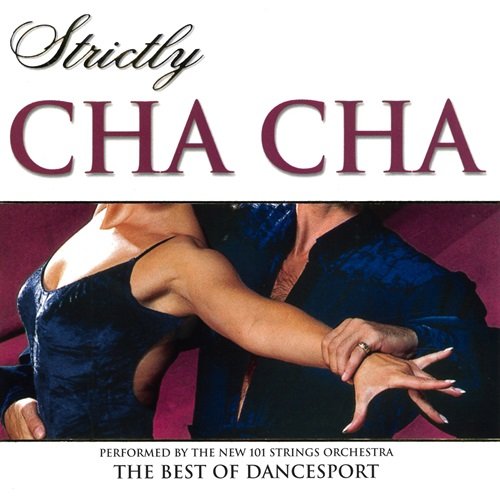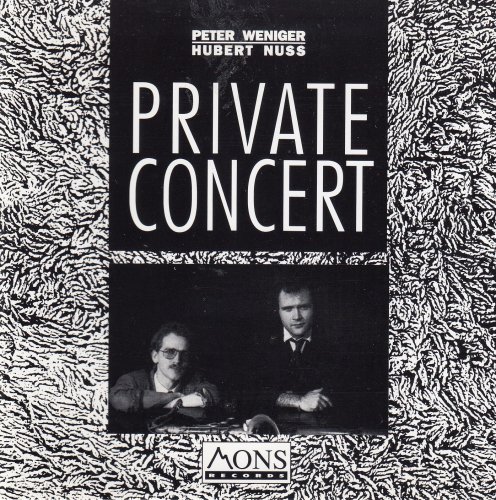La Main Harmonique, Frédéric Bétous - Ockeghem et Compere - Musique au temps d'Anne de France (2010)
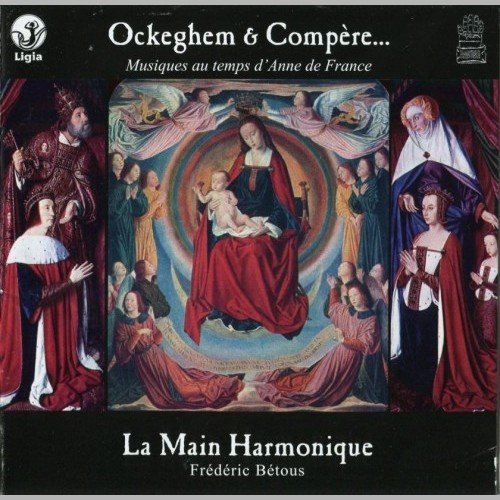
Artist: La Main Harmonique, Frédéric Bétous
Title: Ockeghem et Compere - Musique au temps d'Anne de France
Year Of Release: 2010
Label: Ligia Digital
Genre: Classical
Quality: FLAC (image+.cue,log,scans)
Total Time: 64:00
Total Size: 342 Mb
WebSite: Album Preview
Tracklist: Title: Ockeghem et Compere - Musique au temps d'Anne de France
Year Of Release: 2010
Label: Ligia Digital
Genre: Classical
Quality: FLAC (image+.cue,log,scans)
Total Time: 64:00
Total Size: 342 Mb
WebSite: Album Preview
Johannes Ockeghem
1. S'elle m'amera / Petite camusette
Loyset Compère
2. Vous me faites morir
Johannes Ockeghem
3. Aultre Venus
Loyset Compère
4. Pensant au Bien
Alexander Agricola
5. Belles sur toutes / Tota pulchra es
Johannes Ghiselin Verbonnet
6. O florens rosa
Johannes Ockeghem
7. Mort, tu as navré de ton dart
8. La despourveue
Alexander Agricola
9. Je n'ay dueul
Loyset Compère
10. Plaine d'ennuy / Anima mea
Johannes Ockeghem
11. Presque transi
12. Permanente vierge
Performers:
La Main Harmonique
Axelle Bernage (soprano)
Frédéric Bétous (countertenor)
Edouard Hazebrouck (tenor)
Didier Chevalier (baritone)
Marc Busnel (bass)
Pau Marcos (fiddle)
Evelyne Moser (fiddle)
Fanette Estrade (recorders)
Diego Salamanca (lute)
Frédéric Bétous, director
French group La Main Harmonique is named for the "Guidonian hand," known to generations of music history graduate students, which teaches solmization syllables by means of labeled finger joints. That suggests the basic orientation here, which is toward specialists; the booklet dutifully lists library sources but does not provide anything so helpful as translations of the 15th-century French texts (there are some almost completely black photos of the performers, though). It's nice, however, to have recordings of this secular chanson repertoire, which in the case of Johannes Ockeghem is not so well represented on recordings as his intellectually fearsome masses. With the chansons it's a different story, as the medieval conventions of courtly love began to give way to the more direct sentiments and the closer connection between words and music that would be heard in Josquin's music a generation later. The delicate performances of La Main Harmonique seem to capture the individual moods of each piece, featuring constantly shifting accompaniments (or none at all in the case of the massive Mort, tu as navré, track 7, a French-Latin lament for the deceased Gilles Binchois) that become part of the overall interpretation. This is extremely effective, and the singing, playing, and sonics interact more convincingly than is usual in academic recordings of this type. This disc should find a place in library collections devoted to Renaissance music.
